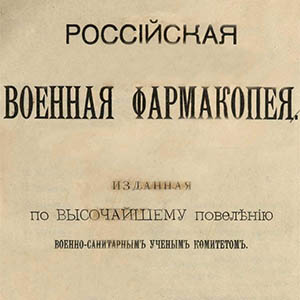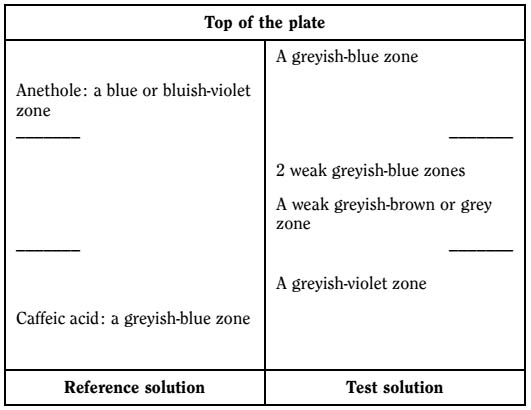
Капли датского короля
Капли датского короля.
Российская военная фармакопея, 1913 год.


Наше предприятие осуществляет заготовку, сушку и реализацию пряно-ароматического и лекарственного…
Европейская Фармакопея издание 6.0 часть 2 2007 год (Ph. Eur. 6.0) стр. 2121 Исландский мох
01/2008:1439 corrected 6.0
ICELAND MOSS
Lichen islandicus
DEFINITION
Whole or cut, dried thallus of Cetraria islandica (L.) Acharius s.l.
IDENTIFICATION
A. The thallus, up to 15 cm long, is irregularly dichotomous and consists of glabrous, groove-shaped or almost flat, stiff, brittle bands, 0.3-1.5 cm wide and about 0.5 mm thick, sometimes serrated with the margin appearing ciliated (pycnidia). The upper surface is greenish or greenish-brown, the lower surface is greyish-white or light brownish and shows whitish, depressed spots (so-called respiratory cavities). On the apices of the terminal lobes, very rarely, there are brown, discoid apothecia.
B. Reduce to a powder (355) (2.9.12). The powder is greyish-brown. Examine under a microscope, using chloral hydrate solution R. The powder shows the following diagnostic characters: numerous fragments of the pseudoparenchyma consisting of narrow-lumened, thick-walled hyphae from the marginal layer and wide-lumened hyphae from the adjacent layer consisting of loosely entwined hyphae, in which, in the medullary zone, greenish or brownish algae cells up to 15 pm in diameter, are embedded; occasionally marginal fragments of the thallus with tube-like or cylindrical spermogonia, up to about 160 pm wide and up to about 400 pm long.
C. To 1.0 g of the powdered drug (355) (2.9.12) add 10 ml of water R and boil for 2-3 min. The greyish-brown solution forms a gel after cooling which gives a blue colour with iodine solution R.
D. Thin-layer chromatography (2.2.27).
Test solution. To 1.0 g of the powdered drug (355) (2.9.12) add 5 ml of acetone R and heat in a water-bath under a reflux condenser for 2-3 min. Cool and filter.
Reference solution. Dissolve 5 mg of anethole R and 5 mg of caffeic acid R in 2 ml of acetone R.
Plate: TLC silica gel plate R (5-40 μm) [or TLC silica gel plate R (2-10 μm)].
Mobile phase: acetone R, methanol R, anhydrous formic acid R, toluene R (5:5:10:80 V/V/V/V).
Application: 20 μl [or 4 μl] of the test solution and 10 μl [or 2 μl] of the reference solution, as bands.
Development: over a path of 10 cm [or 6 cm].
Drying: in air.
Detection: spray with anisaldehyde solution R. Heat at 100-105 °C for 5-10 min and examine in daylight.
Results: see below the sequence of zones present in the chromatograms obtained with the reference solution and the test solution. Furthermore, other faint zones may be present in the chromatogram obtained with the test solution. 
TESTS
Foreign matter (2.8.2): maximum 5 per cent
Loss on drying (2.2.32): maximum 12.0 per cent, determined on 1.000 g of powdered drug (355) (2.9.12) by drying in an oven at 105 °C for 2 h.
Total ash (2.4.16): maximum 3.0 per cent.
Swelling value (2.8.4): minimum 4.5, determined on the powdered drug (355) (2.9.12).